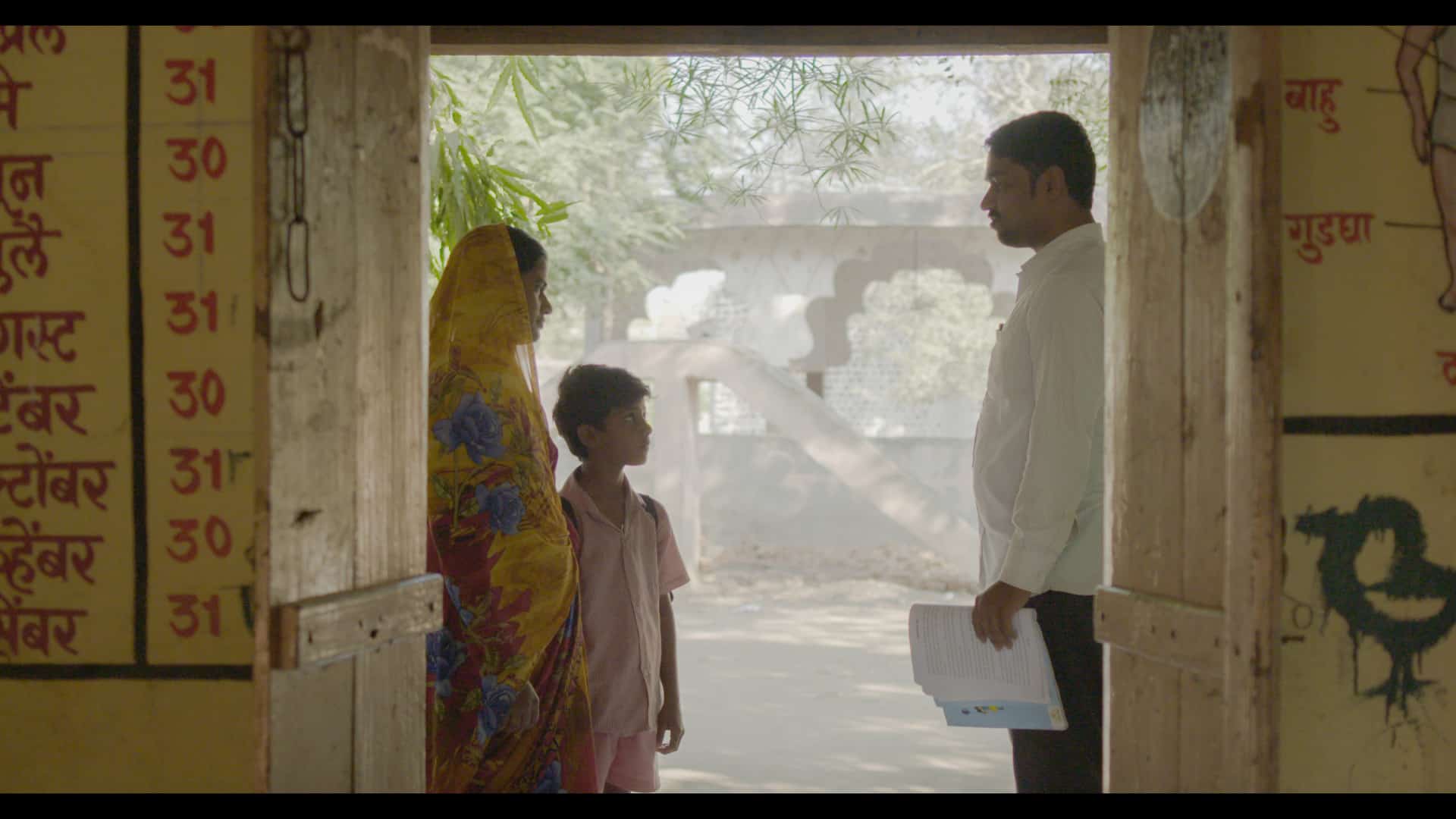In her home country ,Mahnaz Mohammadi is known to be a committed activist fighting for women's right and gender equality. Her level of involvement in these issues has brought her on collision course with the political regime of Iran several times, leading to a couple of arrests and attempts to silence her voice, which have luckily been unsuccessful. Her work as a director therefore revolves around the concepts of equality and freedom as well as the social realities of her home country when, for example, she explores issues like homelessness and drug addiction like in her first feature “Mr. Vali”. In “Son-Mother”, she takes a look at the living conditions of regular people trying to cope with international economic sanctions, exposing a system which has become more cruel and repressive while forcing its people to make brutal decisions about their lives and those they love most.
“Son-Mother” screened at Filmfest Hamburg

Even though life under the sanctions has been hard for her and her son, Leila (Raha Khodayari) tries to balance her responsibility as a mother while also maintaining her job working at a factory, despite the recent layoffs and warning of her boss not to be late again. Lately she has also been the center of much gossip since she has been a widow for quite some time and has ignored the advances of the factory's bus driver Kazem (Reza Behboodi). Despite that Kazem has a good heart and is quite generous, the fact he has a daughter around the same age as Leila's son Amir (Mahan Nasiri) makes it impossible for the two teenagers to live under the same roof by law.
However, when the situation at her job becomes unbearable, Leila sees no alternative but to take up Kazem's proposal and starts preparing Amir to be on his own for a while. With the support of her neighbor, who works as part of the cleaning staff at a boarding school, she finds a place at the school for Amir, promising him it will only be for a month. But as time goes by and his mother does not come to take him back, Amir decides to escape.
Within the context of the family and social issues-drama, Mohammadi's story shares much common ground with other features from her home country. Using a semi-documentary aesthetic as well as certain parallels to such works like Francois Truffaut's “The 400 Blows”, her feature describes a development to an unavoidable, emotionally cruel decision along with its repercussions. Interestingly, she also divides the narrative of “Son-Mother”, following Leila's perspective for the first half which then changes into Amir's point of view for the remaining duration of the movie. Whatever the perspective is the audience follows, both characters ultimately arrive at an emotionally devastating choice due to circumstance beyond their control, such as the sanctions or certain rules defined by the state or Muslim law.
Although the narrative should make it easy to show certain characters as antagonists or “villains”, if you prefer that term, Mohammadi is not interested in notions of simplification. Characters like Kazem or the headmistress of the boarding school are perhaps antagonists in a strictly dramaturgic sense, but within the context of the themes and the world “Son-Mother” explores, they are also seen as characters acting within the restrictions or the rules opposed by the system. They become representatives of these sets of rules, albeit with varying levels of commitment to them.
Considering the themes Mohammadi's feature explores, perhaps the most significant aspect – apart from the performances of her cast – is Ashkan Ashkani's cinematography. Along with the aforementioned semi-documentary approach, the framing along with the focus on the characters highlights notions like desperation and isolation as they face decisions no one should face, no matter what cultural context. This is especially true when the camera follows Amir who, after being sent to boarding school, decides not to speak again as perhaps a sign of protest or a metaphor for what has been taken away from him.
“Son-Mother” is a thoughtful, impressive drama. Director Mahnaz Mohammadi tells a story about a fateful decision and its repercussion as well as the system which has made these developments grim realities for the lives of many.















